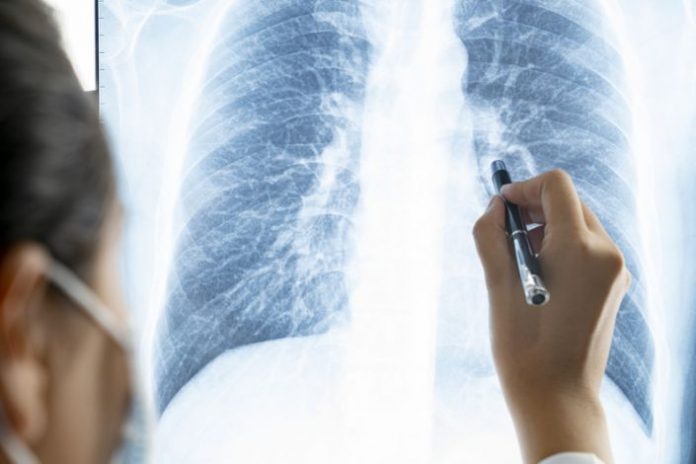A Lung doctor here in the Valley is giving us a new look at some of the coronavirus’s long-term effects. Chest X-rays of patients he’s treated show post-Covid lungs are worse than a long-term smoker. This may even be seen in asymptomatic people.
“Some people don’t get sick, but some people get sick like me, and some people have really bad long hauler effects of it,” said critical care nurse Jayne Most. It’s been seven months since Most contracted Covid while on the job.
“I can barely make it around my block without getting short of breath,” said Most. She is part of a growing group of people who, months after having Covid, are noticing something wrong with their breathing.
“At times, it hurts. It feels like there’s a burning in my chest,” said Most.
“People get sick, not sick enough to go the hospital but a month out, they’re seeing shortness of breath going up the stairs,” said Pulmonologist with the University of Arizona College of Medicine, Dr. Thomas Ardiles.
Dr. Ardiles said it’s incredible just how quickly Covid can cause permanent scarring to an otherwise healthy person’s lungs.
“The accelerated damage can happen in a period of weeks where a smoker may take 30 to 40 years to develop permanent damage,” said Ardiles.
Dr. Ardiles shared a photo of a smoker’s lung, a normal lung, and a COVID-19 lung with Arizona’s Family. With healthy lungs, black represents the air. The smoker’s lung is cloudy with white lines. While the COVID lung is nearly all white.
“And it can get to this stage where there’s pretty much no lung left. You see, there’s a breathing tube there, and it’s impossible to keep this person alive,” said Ardiles.
He said there’s not enough research to know if the scarring will heal, but the potential long-term impacts are another reason people should take warnings about Covid seriously. A reality Most knows all too well.
“It’s kind of like a box of chocolates you don’t know what you’re going to get, and that’s the scariest part,” said Most.
He says it’s important that if you’re experiencing shortness of breath after you’ve had COVID-19, reach out to your primary care doctor.
































